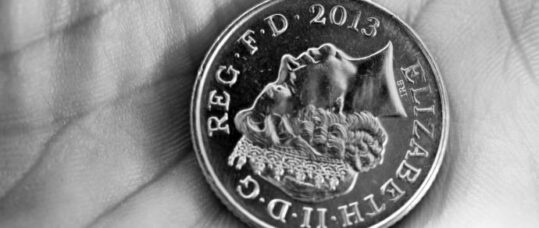Fat tax of just 10p is “highly effective” say researchers

A 5% tax on fattening foods is “highly effective” at promoting healthier choices and tackling obesity, a six year study found.
Related Article: England’s CNO to launch nursing strategy ‘later this year’
If a low-fat product is just 10p cheaper than a high-fat product, people – particularly in low-income neighbourhoods – will select it, according to the study of more than 1,700 USA supermarkets.
This contrasts the minimum 10-20% tax, which Public Health England feels is necessary in terms of a sugar tax in England.
Related Article: More nursing apprenticeships and changes to student travel expenses
“Here, we have compelling field-based evidence that such taxes don’t need to be high to be effective,” Vishal Singh of New York University, responded.
“The general perception is that these taxes need to be substantial, at least 20% and often as high as 50%, to have a meaningful impact. This would be highly regressive since low-income consumers spend a greater proportion of their disposable income on food,” he added.
Related Article: Nurses given ‘range of leadership opportunities’ in NHS 10-year plan
The study looked particularly at the cost of low and high fat milk, finding that if a gallon of whole milk is just 15 cents (around 10 pence) more expensive than the lower-calorie alternative, it causes a “significant shift in market share” to the low-fat option.

See how our symptom tool can help you make better sense of patient presentations
Click here to search a symptom


If a low-fat product is just 10p cheaper than a high-fat product, people – particularly in low-income neighbourhoods – will select it, according to a six-year long study



